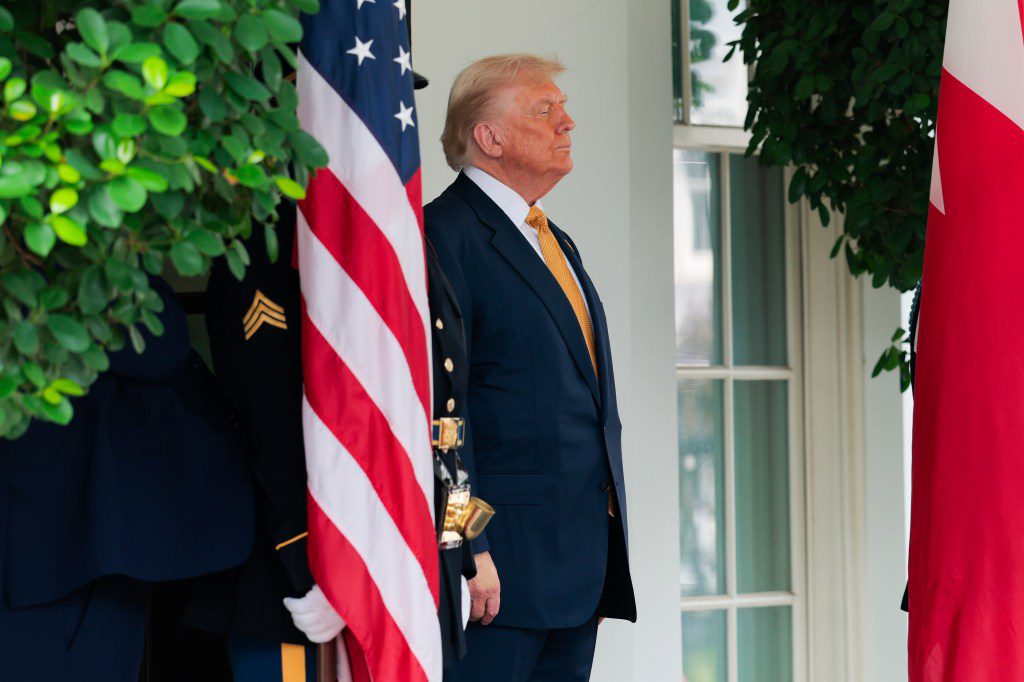President Donald Trump Diagnosed With Chronic Venous Insufficiency

President Donald Trump has been diagnosed with chronic venous insufficiency. In a statement released by the White House on Thursday (July 17), the president’s physician, Capt. Sean Barbabella, explained that Trump noticed swelling in his legs in recent weeks. Trump received medical care from the White House Medical Unit, which included a “comprehensive examination, including diagnostic vascular studies.”
The memo also detailed that POTUS underwent “bilateral lower extremity venous Doppler ultrasounds were performed and revealed chronic venous insufficiency, a benign and common condition, particularly in individuals over the age of 70.”
“Importantly, there was no evidence of deep vein thrombosis (DVT) or arterial disease,” and Trump’s lab testing was all “within normal limits,” wrote Capt. Barbabella. Trump also underwent an echocardiogram. “No signs of heart failure, renal impairment, or systemic illness were identified.” He continued to note that bruising on Trump’s hand was due to constant handshaking and taking aspirin.
U.S. President Donald Trump waits for the arrival of Crown Prince of Bahrain Salman bin Hamad Al Khalifa outside the West Wing of the White House on July 16, 2025, in Washington, D.C. Trump is scheduled to hold a bilateral meeting and working lunch with the Crown Prince during the visit.
Anna Moneymaker/Getty Images
“President Trump remains in excellent health,” the document concluded.
According to Johns Hopkins Medicine, Chronic venous insufficiency occurs when a person’s leg veins do not allow blood to flow back up to their heart, which can cause blood to pool. When left untreated, it can cause pain, swelling, cramps, skin changes, varicose veins, and leg ulcers. Treatment can range from lifestyle changes and medicine to Sclerotherapy or surgery.
“It’s basically not alarming information, and it’s not surprising,” explained Dr. Jeremy Faust to CNN. “This is a pretty normal part of aging, and especially for someone in the overweight to obese category, which is where the president has always been. But the bigger concern … is that symptoms like this do need to be evaluated for more serious conditions, and that is what happened.”
Trump, who turned 79 years old last month, became the oldest person to take the presidency after his January inauguration.





